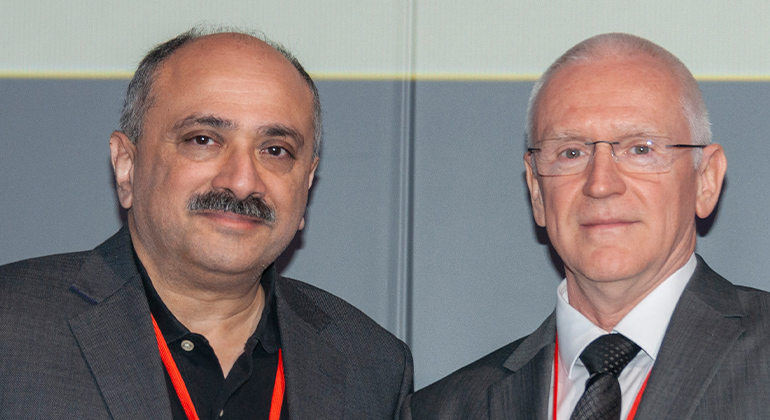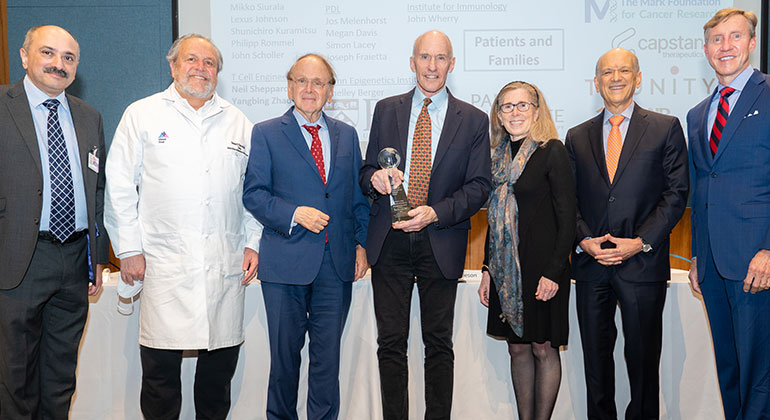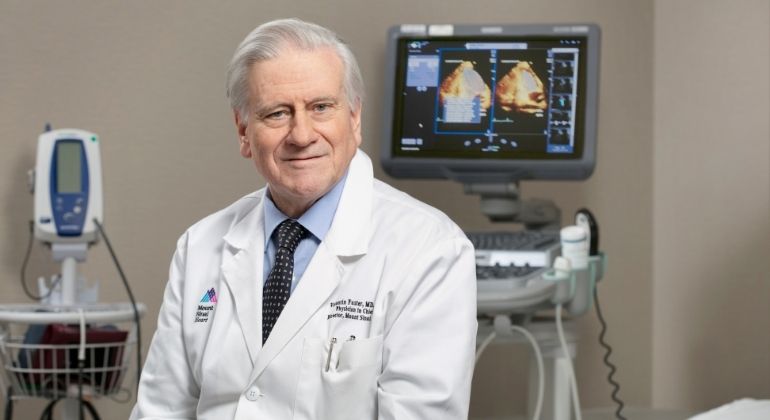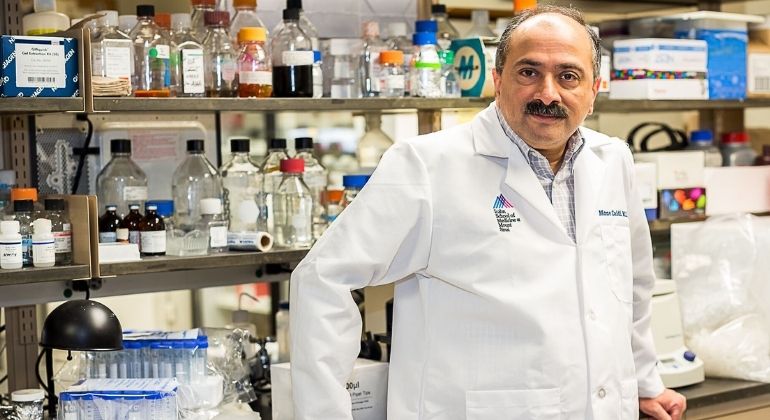Industry Conflicts of Interest Are Pervasive Among Medical Guideline Panel Members
Conflicts of interest are common among panelists developing medical guidelines to inform clinical practice, causing the risk of industry influence.
Researchers at Mount Sinai School of Medicine have found that conflicts of interest (COI) are prevalent and potentially underreported among individuals participating in the development of clinical practice guidelines, which inform standards of patient care. The findings provide further evidence of the potential influence of industry on medical practice recommendations. The study is published online October 12 in BMJ: The British Medical Journal.
To assess COI, the Mount Sinai team reviewed the panel members involved in the development of clinical practice guidelines for two highly prevalent conditions— diabetes and high cholesterol—from major organizations in the United States and Canada, such as the American Diabetes Association (ADA), the American Heart Association (AHA), and government-sponsored organizations, such as the U.S. Preventive Services Task Force (USPSTF).
Of the 288 total panel members evaluated, 150 (52 percent) had COI. In addition, they found that panel members developing government-sponsored guidelines had significantly fewer conflicts than those from the non-government sponsored guideline panels. Lastly, they revealed that one out of nine panelists who formally declared no COI did in fact have COI.
"Guidelines inform evidence-based practice and ultimately protect patients, so safeguarding against potential sources of bias is important," said the study’s lead author Jennifer Neuman, MD, Instructor of Preventive Medicine at Mount Sinai School of Medicine.
"The majority of guideline panel members and half of guideline panel chairs in our study received some sort of compensation from industry, indicating a risk of industry influence on guideline recommendations," said Dr. Neuman "But, we found that government agencies were able to effectively staff their guideline panels with individuals with few conflicts of interest, therefore it is possible to convene panels with minimal COI."
The authors support the efforts by the Institute of Medicine and other prominent medical organizations around the world to increase transparency and decrease potential industry bias on guideline development panels. "Conflict-free guideline panels are feasible and would help to improve the quality of the guideline development process," they concluded.
About The Mount Sinai Medical Center
The Mount Sinai Medical Center encompasses both The Mount Sinai Hospital and Mount Sinai School of Medicine. Established in 1968, Mount Sinai School of Medicine is one of the leading medical schools in the United States. The Medical School is noted for innovation in education, biomedical research, clinical care delivery, and local and global community service. It has more than 3,400 faculty in 32 departments and 14 research institutes, and ranks among the top 20 medical schools both in National Institutes of Health (NIH) funding and by U.S. News & World Report.
The Mount Sinai Hospital, founded in 1852, is a 1,171-bed tertiary- and quaternary-care teaching facility and one of the nation’s oldest, largest and most-respected voluntary hospitals. In 2011, U.S. News & World Report ranked The Mount Sinai Hospital 16th on its elite Honor Roll of the nation’s top hospitals based on reputation, safety, and other patient-care factors. Of the top 20 hospitals in the United States, Mount Sinai is one of 12 integrated academic medical centers whose medical school ranks among the top 20 in NIH funding and U.S. News & World Report and whose hospital is on the U.S. News & World Report Honor Roll. Nearly 60,000 people were treated at Mount Sinai as inpatients last year, and approximately 560,000 outpatient visits took place.
For more information, visit http://www.mountsinai.org/.
Find Mount Sinai on:
Facebook: http://www.facebook.com/mountsinainyc
Twitter @mountsinainyc
YouTube: http://www.youtube.com/mountsinainy
About the Mount Sinai Health System
Mount Sinai Health System is one of the largest academic medical systems in the New York metro area, with 48,000 employees working across seven hospitals, more than 400 outpatient practices, more than 600 research and clinical labs, a school of nursing, and a leading school of medicine and graduate education. Mount Sinai advances health for all people, everywhere, by taking on the most complex health care challenges of our time—discovering and applying new scientific learning and knowledge; developing safer, more effective treatments; educating the next generation of medical leaders and innovators; and supporting local communities by delivering high-quality care to all who need it.
Through the integration of its hospitals, labs, and schools, Mount Sinai offers comprehensive health care solutions from birth through geriatrics, leveraging innovative approaches such as artificial intelligence and informatics while keeping patients’ medical and emotional needs at the center of all treatment. The Health System includes approximately 9,000 primary and specialty care physicians and 11 free-standing joint-venture centers throughout the five boroughs of New York City, Westchester, Long Island, and Florida. Hospitals within the System are consistently ranked by Newsweek’s® “The World’s Best Smart Hospitals, Best in State Hospitals, World Best Hospitals and Best Specialty Hospitals” and by U.S. News & World Report's® “Best Hospitals” and “Best Children’s Hospitals.” The Mount Sinai Hospital is on the U.S. News & World Report® “Best Hospitals” Honor Roll for 2024-2025.
For more information, visit https://www.mountsinai.org or find Mount Sinai on Facebook, Instagram, LinkedIn, X, and YouTube.

Researchers Identify Potential Target for Treatment Among Patients With Type 2 Diabetes
Aug 04, 2022 View All Press Releases
Mount Sinai Researcher Receives Prestigious International Award
Jul 06, 2022 View All Press Releases



